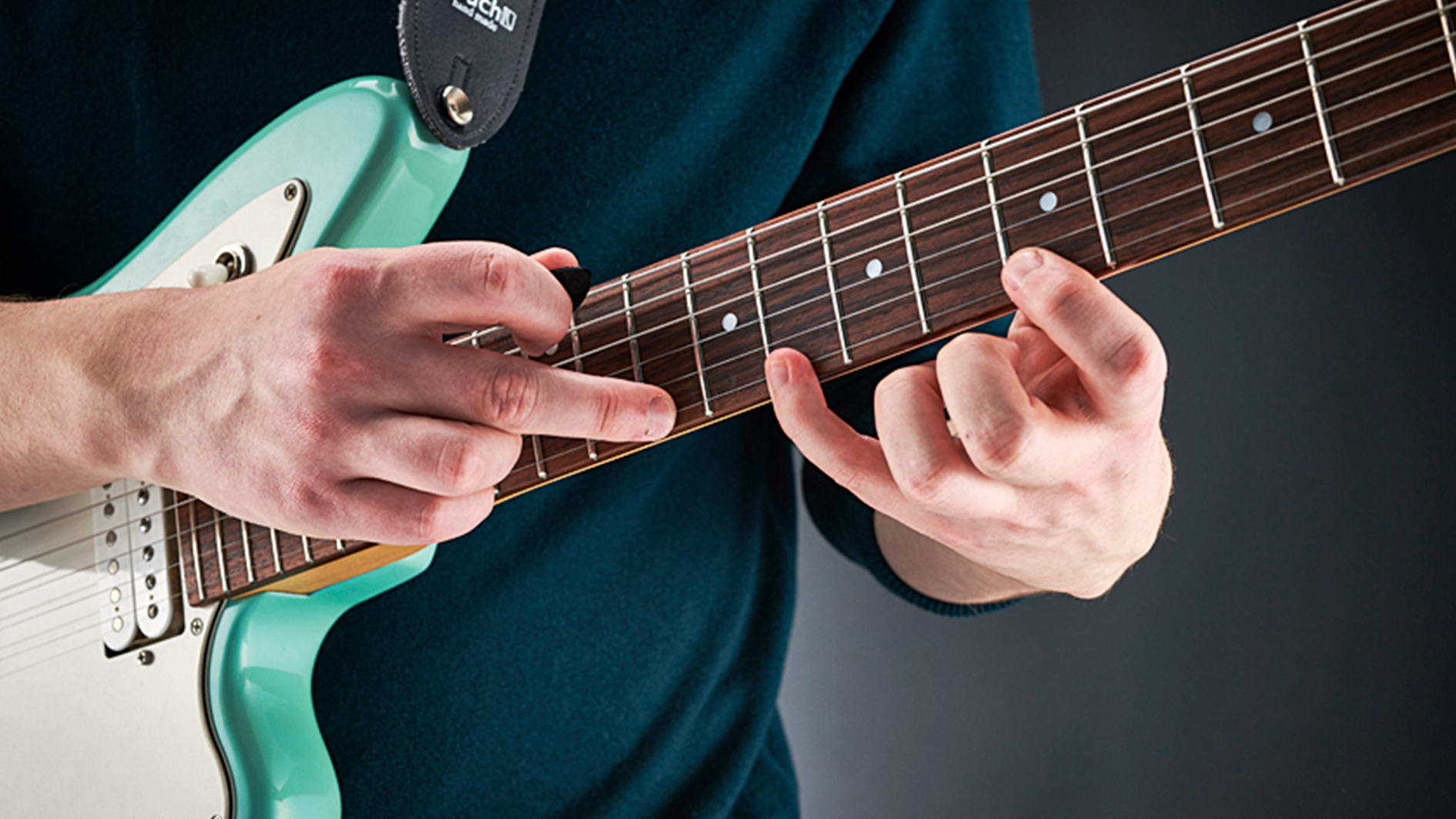How to write guitar solos: 10 essential tips
Catapult your lead lines into the stratosphere with these tried-and-tested compositional tricks

All the latest guitar news, interviews, lessons, reviews, deals and more, direct to your inbox!
You are now subscribed
Your newsletter sign-up was successful
70% of my time as a session guitarist is spent soloing and/or coming up with parts.
These can also be considered mini solos or licks. Or - as we call them from a songwriting perspective - hooks. A memorable little snippet that repeats through the song. Or maybe just a part to wake listeners up during the second verse.
Now, how do I come up with something out of nothing? I rarely get to hear the song before I am called to play on it. I like that word "play." That's what I am doing. Playing around with various ideas. No one expects instant magic, but it has happened. Sometimes it's quick and easy, and sometimes it's like pulling teeth. You just never know. So how do I do it? Where do the ideas come from?
One word: Experience.
Let's remember one thing right off the bat. When a person is hired to play, they are usually hired because the person who did the hiring has heard them play already. There is usually a sense of confidence. When these jobs come in the mail, I try to send back several solos and parts. Give more than is asked of me. Now how do I do it.
There are several tried-and true-methods I call upon to get me started. Here's a brief list of my top 10 life savers!

1. Sing the solo first
All the latest guitar news, interviews, lessons, reviews, deals and more, direct to your inbox!
We guitarists use our hands. We fall into patterns. Now sometimes that's a good thing. But if you want to be original, sing it. It takes away your finger patterns and muscle memory and forces you into uncharted territory and new licks.
2. Decide on a rhythm pattern
Begin with something slow and think whole notes, then move on to 8th notes. Change the feel and work with triplets. End on 16th notes or faster. Create a build. Tension. Or just stick to a main pattern and keep coming back to it.
3. Use limitations
Decide to only use one string for the entire solo. It will force you to phrase and think differently. Or limit the notes by NOT ever playing a root note. Limitations are freeing!
4. Use chords instead
Who says a solo has to be made of notes? Play a solo using a chord pattern played rhythmically or even insanely and dig the craziness. Or if it's a slow tune, enjoy the beauty of chord on chord playing. Or use these as arpeggios. I often think of chord on chord when soloing.
Why not try something you've never done before? Do the most ridiculous solo. Play faster and sloppier than ever. Make a statement. It may just work in the right situation
5. Emulate the phrasing of another instrument
What would a sax sound like? How would a sax player solo? Or violin? Or piano? Or drums! Or spoken voice?
6. Use silence
Maybe you shouldn't even play a solo. Or maybe it should be so minimal that you can barely call it playing. But if that's what the song needs, put your ego aside and let it be. I have done this numerous times. And not due to laziness; due to its being what is appropriate for the song.
7. Go back to your roots
Pick a hero. Someone you emulated and dreamed of being when you first started playing. You can never fail. (Unless you are playing on a rockabilly song and your roots are Yngwie Neo-classical. Then, skip this step... forever!
8. Use comedy
Why not try something you've never done before? Do the most ridiculous solo. Play faster and sloppier than ever. Make a statement. It may just work in the right situation. Or play another song melody. Or play something that sounds like a whale. Use only the low strings as high on the neck as you can! Just the act may free your mind.

9. Use dissonance
Try playing using dissonance as opposed to a melodic solo. Use as many outside tones and unrelated notes as possible. There is an ugliness/beauty in this type of playing, and once mastered it can be a friend. By making the solo sound uncomfortable, you can then shift into melodicism and make the notes sing. The dark-to-light shift does magic.
10. Make a movie
Imagine you are making a movie instead of a solo. Start on a wide shot. Maybe long flowing notes. Then add a motif as a character. Repeat this motif and think about playing it over the wide shot long notes. Add details to the story by developing the line with more notes and rhythms. It's still just a solo, but in your mind you are making a movie.
Ron Zabrocki is a session guitarist from New York, now living in Connecticut. He was taught by the likes of John Scofield, Joe Pass and Alan DeMausse, and has played sessions in every style, from pop to jazz.
